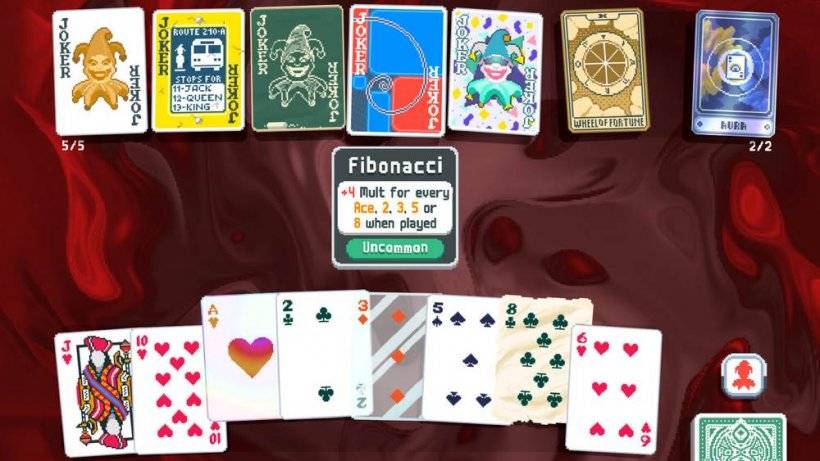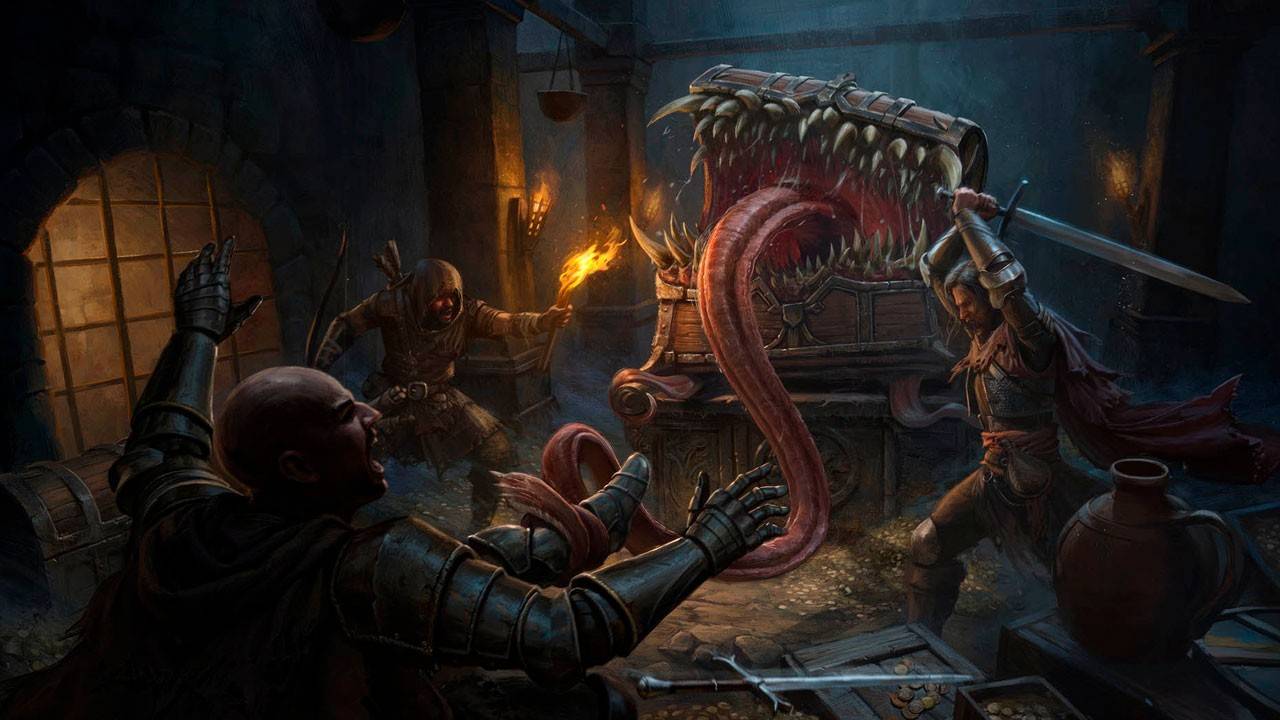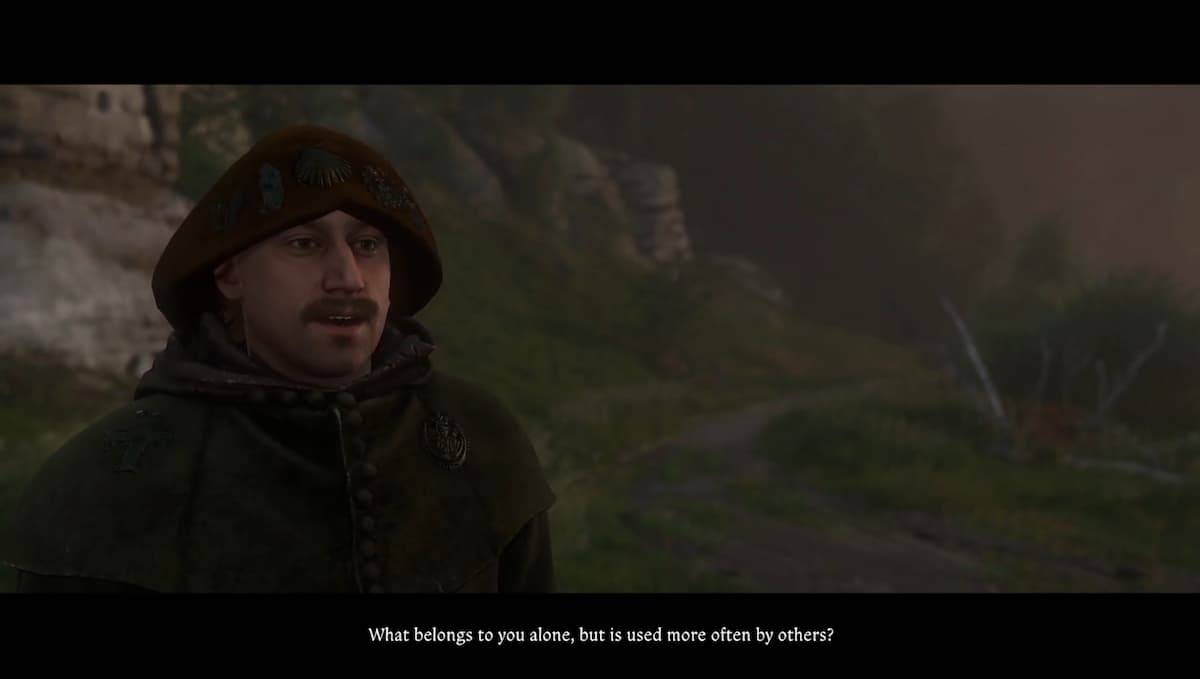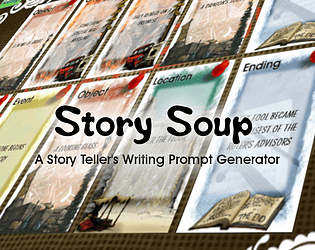It's year-end, and my Game of the Year is Balatro – a surprising choice, perhaps, but one I'll explain. While not my absolute favorite, its numerous accolades warrant discussion. Balatro swept awards, including Indie and Mobile Game of the Year at The Game Awards and two Pocket Gamer Awards (Best Mobile Port and Best Digital Board Game). This success, however, has also generated confusion and even anger from some.
The contrast between its simple visuals and the acclaim it received has led to bafflement. Many question how a seemingly straightforward deckbuilder could garner so many awards. I believe this highlights precisely why it's my GOTY pick.
Before delving into Balatro, here are some honorable mentions:
- Vampire Survivors' Castlevania expansion: A long-awaited addition, finally bringing iconic characters to the game.
- Squid Game: Unleashed's free-to-play model: A potentially groundbreaking move by Netflix Games, suggesting a shift in monetization strategies.
- Watch Dogs: Truth's audio adventure release: An unexpected but intriguing choice by Ubisoft, showcasing a different approach to the franchise.
My experience with Balatro has been mixed. While undeniably engaging, I haven't mastered it. The focus on optimizing deck statistics, a frustrating aspect for me, has prevented me from completing runs despite many hours of play.
However, Balatro represents excellent value. It's simple, easily accessible, and doesn't demand significant technical skill or mental effort. It's not my perfect time-waster (that title goes to Vampire Survivors), but it's a strong contender. The visuals are pleasing, and the gameplay is smooth. For $9.99, you get a captivating roguelike deckbuilder suitable for public play. LocalThunk's ability to elevate a simple format is impressive. The calming music and satisfying sound effects create an addictive loop.
But why discuss it again? Some find its success insufficient.

Beyond Simple Gameplay
Balatro's success has been perplexing to some, similar to the reaction Astrobot received after its GOTY win. Balatro's unashamedly "gamey" design, colorful yet uncomplicated visuals, and lack of retro aesthetic have contributed to this confusion. It's not a high-tech demo, originating as a passion project before its potential was realized.
Many, both critics and the public, find Balatro's success baffling because it's not a flashy gacha game, nor does it push technological boundaries. It's simply seen as "a card game." Yet, it's a well-executed card game with a fresh approach. Its quality should be judged on its design and execution, not solely on visual fidelity.

The Real Lesson
Balatro's success demonstrates that multi-platform releases don't need to be massive, cross-platform, cross-progression gacha games. Simple, well-executed games with unique styles can appeal to mobile, console, and PC players. While not a massive financial success, its low development costs likely resulted in significant profit for LocalThunk.
Balatro's appeal lies in its accessibility. Some players strive for optimal deck optimization, while others, like myself, enjoy its relaxed pace.
The key takeaway? You don't need cutting-edge graphics or complex gameplay to succeed. Sometimes, a simple, well-designed game is all it takes.









